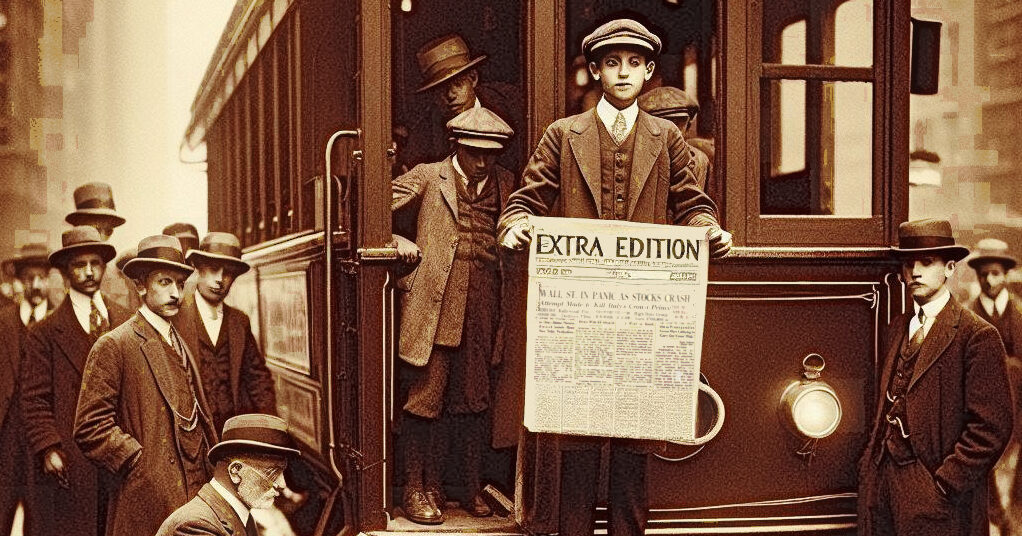Words in Context: Fruit Salad

Read the following short texts and decide which word from the Arts and Media Wordlist and Flashcards replaces each fruit word.
“And now to the world of bananas, and our correspondent in Cannes for all the latest cherries of the film festival.”
“Yeah, I’ve appeared on grape a couple of times in small roles and as an orange. Always nice to see your name there on the credits.”
“We were melons, running this peach on building safety, when the studio ceiling suddenly fell in. Luckily no-one was hurt. But yeah, it was weird, kind of spooky.”
“It wasn’t meant to be a finished pineapple, just a quick kiwi to give them an impression. But before I could say anything, they said they loved it and decided to use it on the film poster.”
“And we’re going to interrupt our scheduled pear on the blood scandal now, and go directly to Washington with breaking fruit on violence that has broken out near the House of Representatives.”
Quiz-summary
0 of 1 questions completed
Questions:
- 1
Information
Click to restart
You have already completed the quiz before. Hence you can not start it again.
Quiz is loading...
You must sign in or sign up to start the quiz.
You have to finish following quiz, to start this quiz:
Results
0 of 1 questions answered correctly
Your time:
Time has elapsed
You have reached 0 of 0 points, (0)
Categories
- Not categorized 0%
- 1
- Answered
- Review
-
Question 1 of 1
1. Question
Now match the words below to the fruit.
Sort elements
- cinema
- coverage
- telly
- extra
- on-air
- story
- illustration
- sketch
- feature
- news
-
bananas
-
cherries
-
grape
-
orange
-
melons
-
peach
-
pineapple
-
kiwi
-
pear
-
fruit
Correct 10 / 10 PointsIncorrect / 10 Points
Read the texts again to see if you can remember the Arts & Media vocab.




